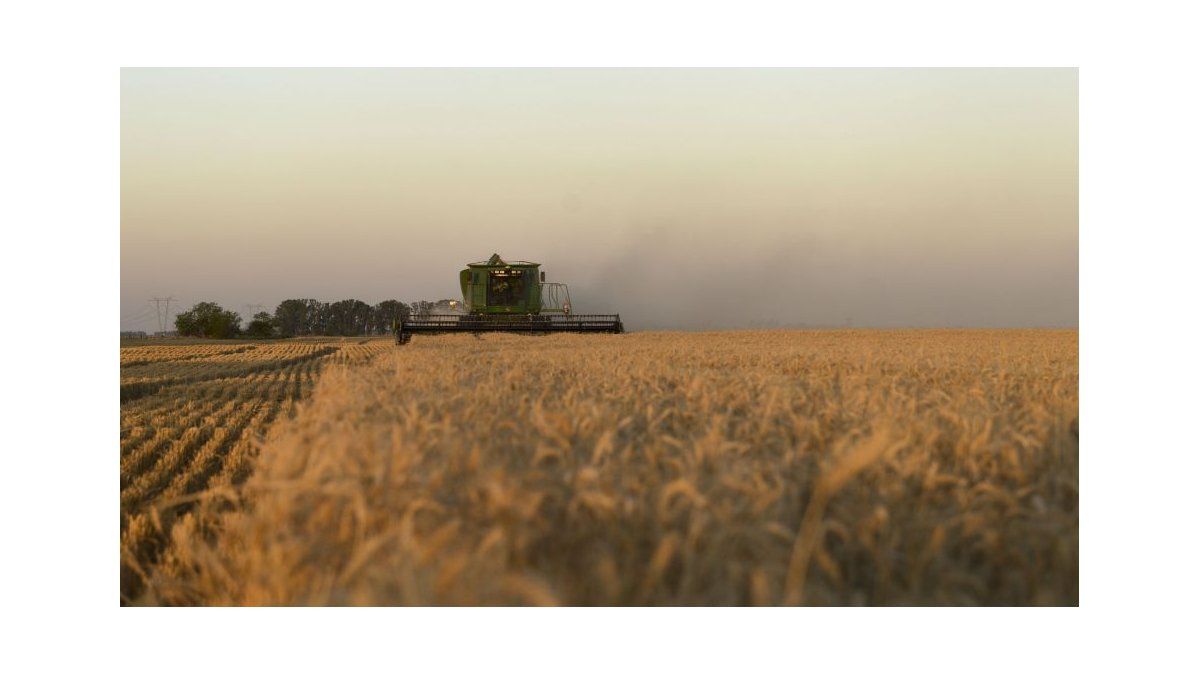In turn, the Buenos Aires Stock Exchange said that higher than usual temperatures and little or no rain are expected in the next seven days in the main agricultural region of Argentina, where some areas have received practically no rain since May.
Meanwhile, another key piece of information is that more than 50% of the area planted with the cereal presents a fair to poor situation, so if this panorama is extended, the drop in production could be even greater in the coming weeks. In this context, there is maximum concern in the Government because the lower production would logically bring about a lower availability of grain in the domestic market and at high prices, thus complicating the entire farinaceous chain and of course the pockets of consumers.
Regarding exports, Brazil is the main buyer of wheat from Argentina and for now it is already stipulated that the exportable balance would fall by around 2 million tons.
The truth is that the current wheat harvest would be the lowest in seven years and that is why the Government is moving quickly, summoning the main actors in the wheat chain to, first, to ensure supply in the domestic market as an absolute priority.. As explained in the ruling party, there is no type of margin for cereal to be lacking for the new campaign, much less so that the values of the flour bag become more expensive.
More specifically, yesterday the Secretary of Agriculture, Juan José Bahillo, met with the chambers of flour mills and wheat exporters and the domestic market was the primary issue. It is that the Government seeks with the sector to agree on a scheme that allows giving priority to local supply.
According to official data, until Thursday exporters declared sales of 22/23 wheat for 8.85 million tons, while the Government indicates that in the previous season the domestic consumption of the cereal was 7.6 million tons of wheat. In turn, there is currently an official ceiling on possible wheat exports for the 2022/23 campaign of 10 million tons and that number would not change or would be limited because there is precisely no margin if the harvest continues to fall.
Finally, what the Government is already proposing is that the long-awaited wheat dollars that would begin to arrive at the end of December and the beginning of January will be considerably less than expected, even the anticipated sales of the cereal are already accounted for in settlement of foreign currency from previous months. That is why in the summer the climatic drought could continue but also dollars for the national accounts.
The only good news for next year is that soybeans would gain more hectares and a better climate for the crop is expected, which would ensure better production.
Source: Ambito
David William is a talented author who has made a name for himself in the world of writing. He is a professional author who writes on a wide range of topics, from general interest to opinion news. David is currently working as a writer at 24 hours worlds where he brings his unique perspective and in-depth research to his articles, making them both informative and engaging.




